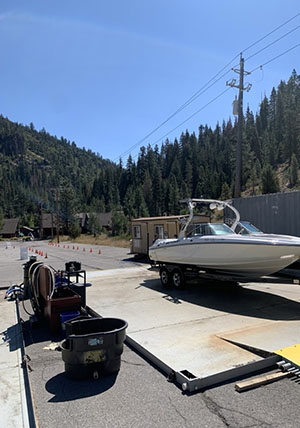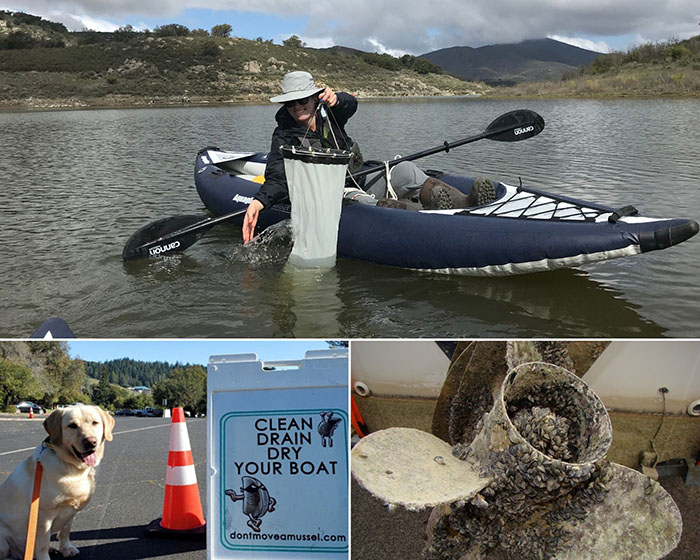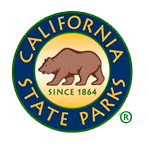Division of Boating and Waterways Offering Grants for Quagga and Zebra Mussel Infestation Prevention Programs
Contact:
Newsroom@parks.ca.gov

SACRAMENTO, Calif. — California State Parks’ Division of Boating and Waterways (DBW) today announced the availability of grant funding to prevent the further spread of quagga and zebra mussels into California’s waterways. Funded by the California Mussel Fee Sticker (also known as the Quagga Sticker), the Quagga and Zebra Mussel (QZ) Infestation Prevention Grant Program expects to award a total of up to $2 million across eligible applicants. Applications will be accepted from Monday, April 1 through Friday, May 10, 2024.All applications must be received by 5 p.m. on May 10, 2024.
The QZ grants are available to entities that own or manage any aspect of water in a reservoir that is open for public recreation, is mussel-free, and do not have an existing two-year QZ Grant awarded in 2023. Funding is intended to augment local resources. The funds must be used for prevention projects such as planning, watercraft inspection stations and inspectors, launch monitors, watercraft decontamination units, educational signage, and outreach.
To aid applicants through the requirements and application process, DBW will host a webinar on Thursday, April 4, 2024, where potential applicants can learn more about the application process and program.
Application review and scoring will be conducted by DBW in partnership with the California Department of Fish and Wildlife. DBW expects to notify applicants by August 2024 with these grants starting in September 2024.
Quagga and Zebra (Dreissenid) mussels pose a serious threat to California’s waters and fisheries. The spread of these freshwater mussels threatens recreational boating and fishing, aquatic ecosystems and fisheries, water delivery systems, hydroelectric facilities, agriculture, and the environment in general. To help stop the spread of these harmful invasive mussels, local, state, and federal entities have increased watercraft inspections at California Department of Food and Agriculture Border Protection stations; developed and implemented monitoring plans for high-risk waterbodies in the state; trained staff to conduct watercraft inspections and monitoring; executed public outreach campaigns to inform watercraft owners on the need for them to clean, drain and dry their boats when transporting between freshwater bodies; and provided grants.
DBW’s Quagga and Zebra Mussel Infestation Prevention Grant program began in 2014. Since then, $25 million in grants has been provided for 107 projects at 69 reservoirs. As a result of the collective efforts from all partners, the spread of quagga mussels has been slowed and limited to Southern California with two zebra mussel sightings in San Benito County.
To learn more about the Quagga and Zebra Mussel Infestation Prevention Grant Program and upcoming webinar, please visit https://dbw.parks.ca.gov/QZGrant.

Top: California Department of Fish and Wildlife environmental scientist with the Invasive Species Program performs a plankton tow, dragging a net through the water to obtain samples for the presence of juvenile quagga or zebra mussels at Lake Morena in San Diego County. Photo courtesy of the California Department of Fish and Wildlife. Bottom left: The services of mussel-sniffing dogs like Tugboat are funded with prevention grants. Photo courtesy of Sonoma Water. Bottom right: A quagga mussel-encrusted propeller. Photo courtesy of the California Department of Fish and Wildlife.
Subscribe to California State Parks News via e-mail at NewsRoom@parks.ca.gov
California State Parks provides for the health, inspiration and education of the people of California by helping to preserve the state’s extraordinary biological diversity, protecting its most valued natural and cultural resources, and creating opportunities for high quality outdoor recreation.
